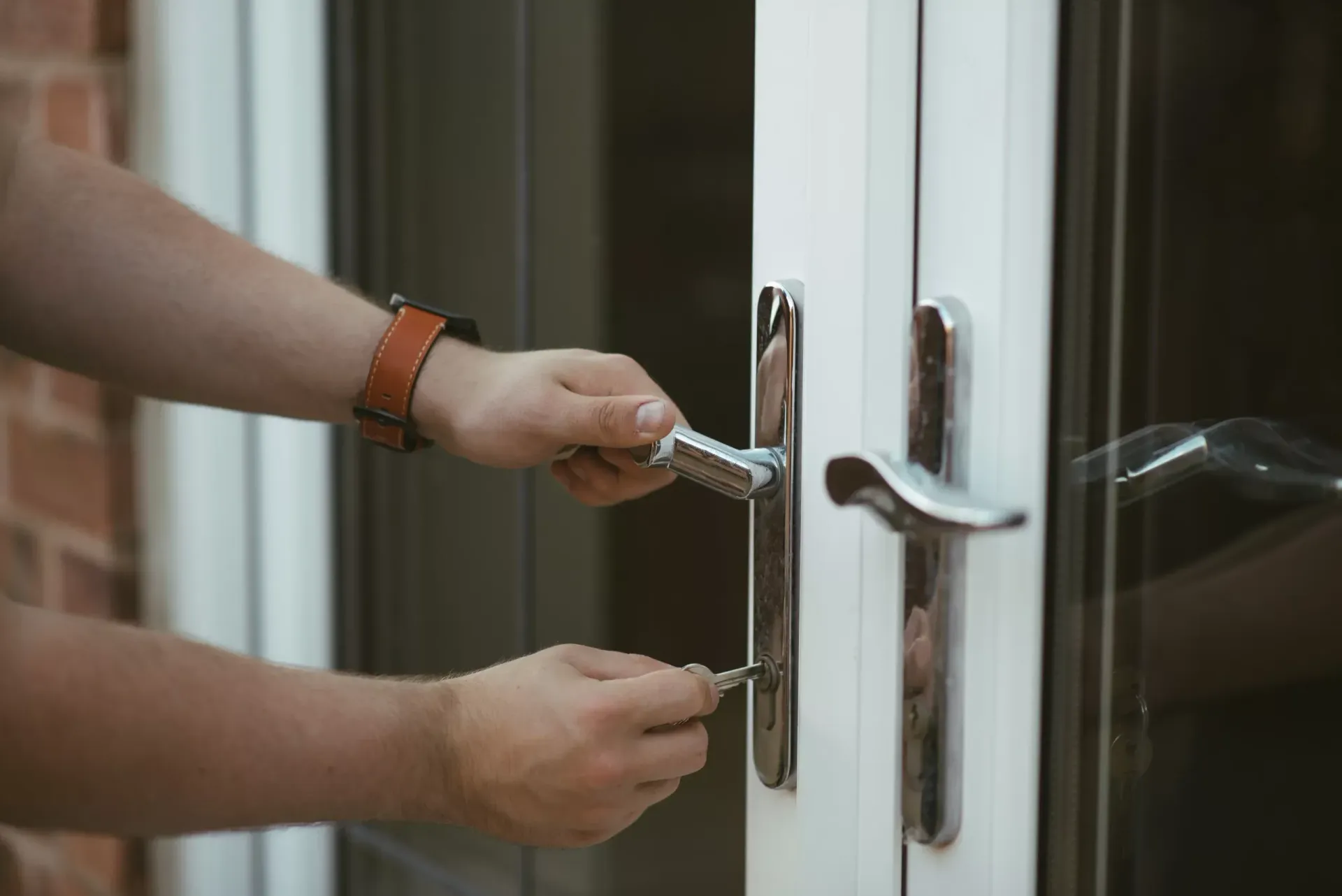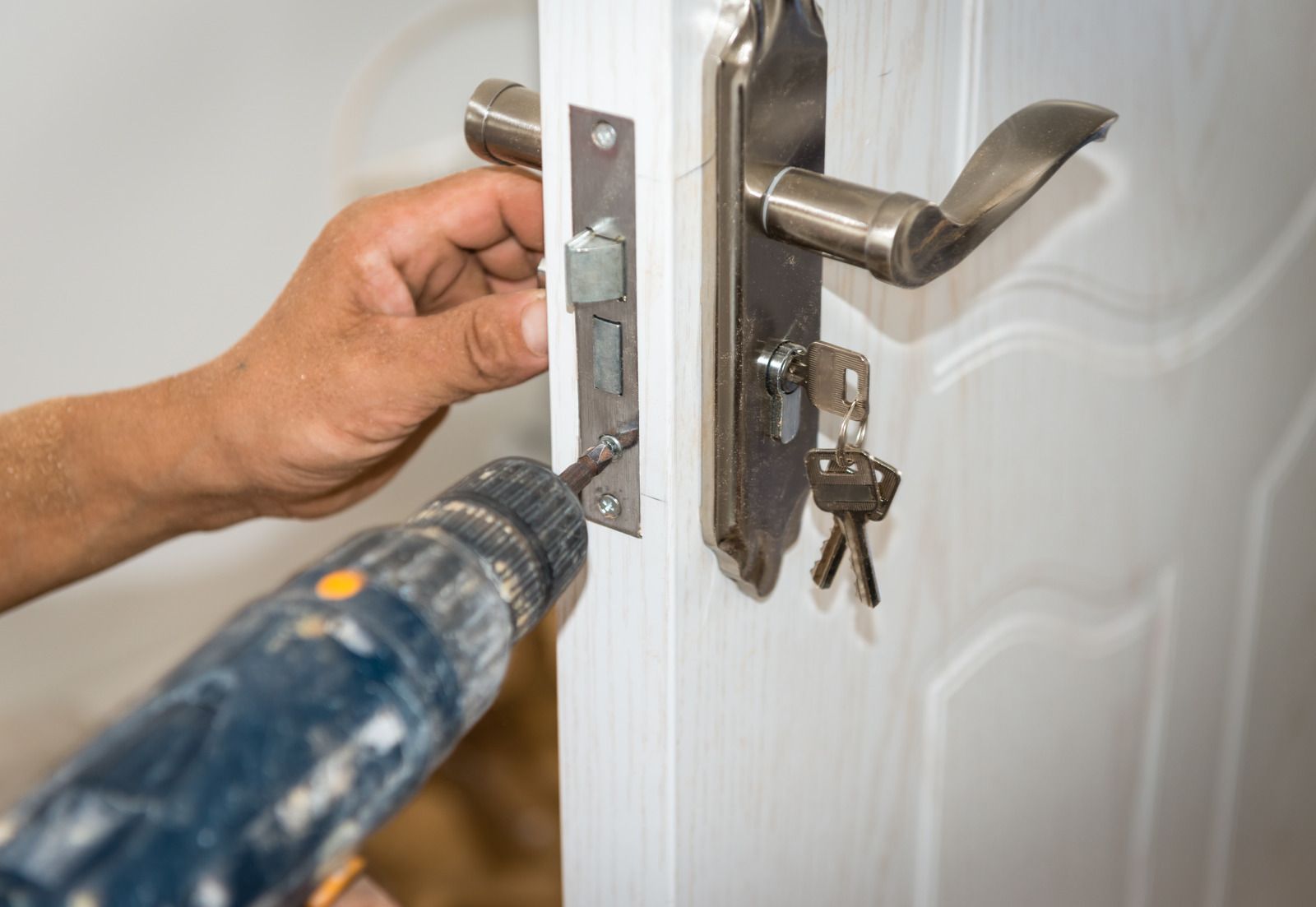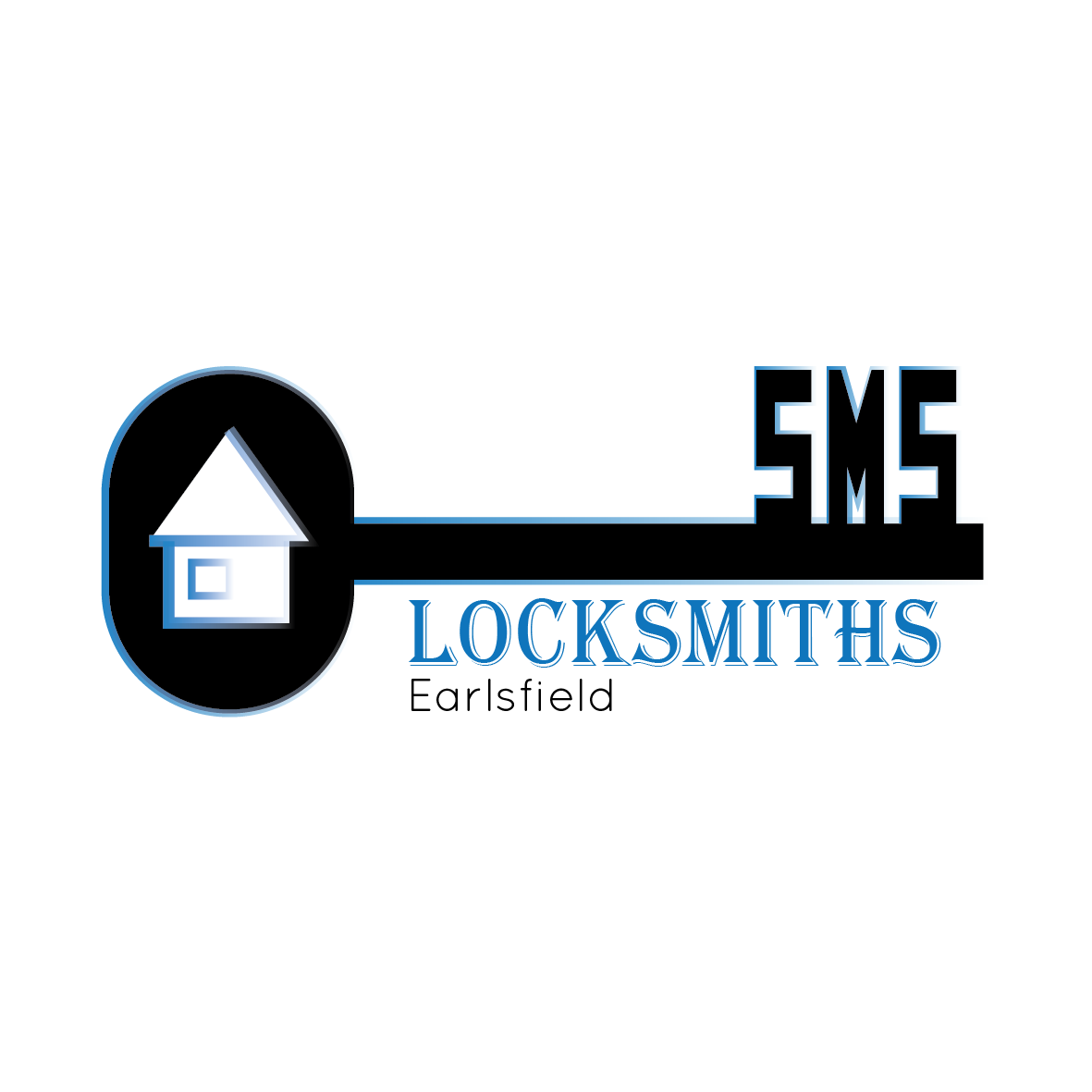Smart Locks vs Traditional Locks: What’s Right for Your Home in Putney?
Locksmiths • October 13, 2025
Introduction
With technology advancing, you might be considering replacing your traditional locks with a smart or electronic locking system. But is that the right move for your Putney home? Here’s a breakdown of pros, cons, and what to look for.
Traditional Locks: Still Reliable
- Time-tested mechanical systems no battery or electronics to fail
- Straightforward to repair or rekey
- Wide compatibility with UK standard locks (euro cylinder, mortice)
- Lower up-front cost
Smart / Electronic Locks: Modern Convenience
- Remote access: lock/unlock via app or Bluetooth
- Temporary access codes or keycards (useful for visitors, workers)
- Audit trails: check who locked/unlocked and when
- Integration possibility with home automation / alarms
Potential Downsides of Smart Locks
- Require power - battery changes or wiring
- More parts that may fail (electronics, motors)
- Compatibility: not all doors/frames will suit smart lock retrofits
- Cost: higher initial investment
What to Consider for Your Home
- Usage: Are you in often, or out most of the time? Smart locks shine if you plan to use remote functions.
- Door type: UPVC or multipoint doors require particular coordination; some models may not fit.
- Security standard: Make sure the smart lock is certified (e.g. to British Standards) and offers forced-entry resistance.
- Backup method: Always maintain a mechanical backup (key override) in case electronics fail.
- Warranty & support: Pick brands with good support and ensure the locksmith can service them locally.
Conclusion
Smart locks can bring convenience and modern control, but they don't necessarily replace the need for a solid mechanical lock foundation. In many cases, a hybrid solution (mechanical + smart) works best. At SMS Putney Locksmith, we install and service both and we can advise what’s right for your door, budget, and security needs.

Introduction Having a locksmith come to your home can feel a little stressful, especially if it's in an emergency. But if you take just a few simple steps before they arrive, you can help them work more quickly and effectively and maybe reduce the cost in time and labour. 1. Identify the problem clearly Before you call, try to figure out exactly what’s wrong: is the key broken in the lock? Has the door warped? Did someone force entry? Observations like “key turns but won’t unlock” or “door alignment shifted after a move” help the locksmith arrive prepared. 2. Provide property details & photos if possible Send a photo or tell them the door type (UPVC, wooden, metal), lock brand or style (euro cylinder, mortice, multipoint), and whether there are other locks on that door (deadbolt, chain). This helps the locksmith bring the correct parts. 3. Clear access Make sure the path to the door is clear. Move cars or bins that could block access. Unlock gates if possible. The easier it is to get to the door, the quicker the work. 4. Have proof of address or identity ready A locksmith should verify you are the rightful occupant before gaining entry. Having a utility bill or ID ready will smooth this process. 5. Consider temporary security If a lock is failing and you’re waiting for the locksmith, consider using a chain lock or secondary bolt to add security until proper repair. 6. Ask for an estimate up front A trusted locksmith will give you a rough cost estimate before starting work, especially if parts are needed. Ask them what additional costs (parts, mileage, late hours) might apply. Conclusion Preparing in advance helps the locksmith help you faster, safer, and potentially cheaper. At SMS Putney Locksmith, we aim to make the process smooth from beginning to end. Call us anytime for advice or to schedule a visit.

Emergencies such as being locked out of your home, losing your keys, or dealing with a broken lock can be stressful. Knowing what to expect during an emergency locksmith call-out can help ease your concerns and ensure the process goes smoothly. Here is a step-by-step guide to what you can anticipate when you contact a professional locksmith. Initial Contact and Assessment When you first call an emergency locksmith, you will need to provide some basic information. This includes Your location The nature of the problem (e.g., lost keys, broken lock, or lockout) The type of lock or security system involved Rapid Response Emergency locksmiths prioritise urgent situations, often arriving within 30 minutes or less. Their quick response times are designed to minimise disruption and get you back to your routine as soon as possible. Verification of Identity For security reasons, the locksmith will verify that you are the rightful owner or authorised occupant of the property before proceeding. This may involve showing identification or providing proof of residence, such as a utility bill. Professional Tools and Techniques Upon arrival, the locksmith will assess the lock or security system to determine the best course of action. They use specialised tools and techniques to address the problem without causing unnecessary damage. Transparent Communication A reliable locksmith will keep you informed throughout the process. They will explain the steps they are taking, any challenges they encounter, and whether additional repairs or replacements are necessary. Testing and Final Checks Before finishing the job, the locksmith will test the lock to ensure it functions properly. They will also double-check that your property is secure and provide advice on preventing similar emergencies in the future. Understanding what to expect during an emergency locksmith call-out can help you feel more prepared and confident. With their expertise and reliable service, you can regain access and security in no time.


